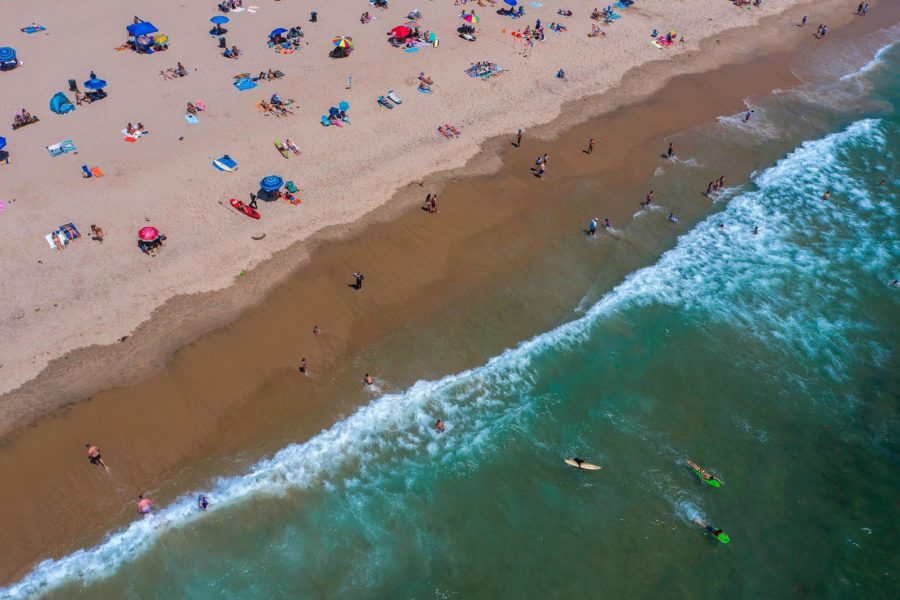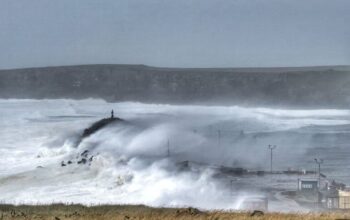17-million-gallon sewage spill at Los Angeles’ largest treatment plant closes miles of Southern California beaches
The following written content by Elinor Aspegren

Miles of beaches in Los Angeles were closed to swimmers Monday as 17 million gallons of sewage from the city’s largest treatment plant spilled into Santa Monica Bay the night before.
A mechanical failure “at the Hyperion plant last night caused untreated sewage to be discharged into the ocean,” Los Angeles County Supervisor Janice Hahn said on Twitter. “Water samples are being tested and I’m getting more information about the scope of the problem. Beaches from El Segundo to the Dockweiler RV Park are closed for swimming.”
Closure signs were posted in the areas around El Segundo and Dockweiler State Beaches, as well as Grand Ave. Storm Drain, and officials urged visitors from going into the water. The beaches, which in all total about four miles, will remain closed until water sample tests come up negative for bacteria, the County Department of Public Health said in a news release.
The Hyperion plant is both the city’s largest and oldest sewage treatment facility and has been in operation since 1894. The plant was designed to accommodate a daily flow of 450 million gallons of water per day.

Executive Plant Manager Timeyin Dafeta said in a statement that the facility “became inundated with overwhelming quantities of debris, causing backup of the headworks facilities.”
“The plant’s relief system was triggered and sewage flows were controlled through use of the plant’s one-mile outfall and discharge of untreated sewage into Santa Monica Bay,” Dafeta said.
About 6% of the facility’s daily load was discharged as an emergency measure to prevent the plant from going offline and spewing even more raw sewage, the statement said.





